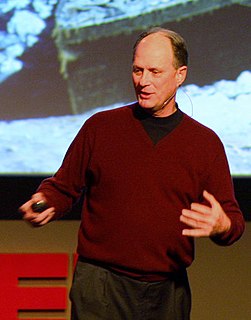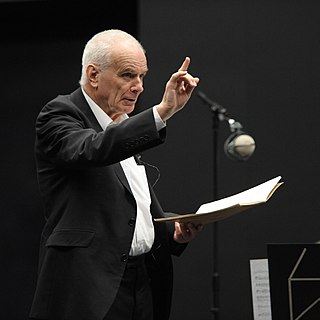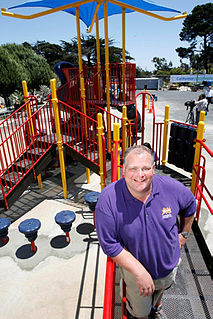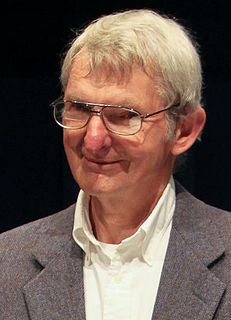A Quote by Scott Moir
Related Quotes
Especially girls, but any kids exposed to music programs and arts programs do much better on their tests. They have a better chance of going to college. They can focus better. You know, we're not just automatons learning how to work machines and do engineering and math and science. All of that's great, but you've got to build a whole person.
There are tribes, I should say nations, which prior to the AIM movement had only ten or fifteen employees, and now have upwards of 2000. There are educational programs that didn't exist before, there are housing programs, health programs, senior citizen programs, cultural programs and the list goes on. It's all because some people stood up and said sovereignty is our right by treaty and the constitution says treaty law is the supreme law of the land.
The five points of yama, together with the five points of niyama, remind us of the Ten Commandments of the Christtian and Jewish faiths, as well as of the ten virtues of Buddhism. In fact, there is no religion without these moral or ethical codes. All spiritual life should be based on these things. They are the foundation stones without which we can never build anything lasting. (127)
What I think people should realize is that programs like Social Security, programs like Medicare, programs like the Veterans Administration, programs like your local park and your local library - those are, if you like, socialist programs; they're run by [and] for the public, not to make money. I think in many ways we should expand that concept so that the American people can enjoy the same benefits that people all over the world are currently enjoying.
If the world is saved, it will not be by old minds with new programs but by new minds with no programs at all. Why not new minds with new programs? Because where you find people working on programs, you don't find new minds, you find old ones. Programs and old minds go together like buggy whips and buggies.
In those days [batch processing] programmers never even documented their programs, because it was assumed that nobody else would ever use them. Now, however, time-sharing had made exchanging software trivial: you just stored one copy in the public repository and therby effectively gave it to the world. Immediately people began to document their programs and to think of them as being usable by others. They started to build on each other's work.
The programs that have been discussed over the last couple days in the press are secret in the sense that they are classified but they are not secret in the sense that when it comes to phone calls every member of Congress has been briefed on this program. With respect to all these programs the relevant intelligence committees are fully briefed on these programs. These are programs that have been authorized by broad bipartisan majorities repeatedly since 2006.

































